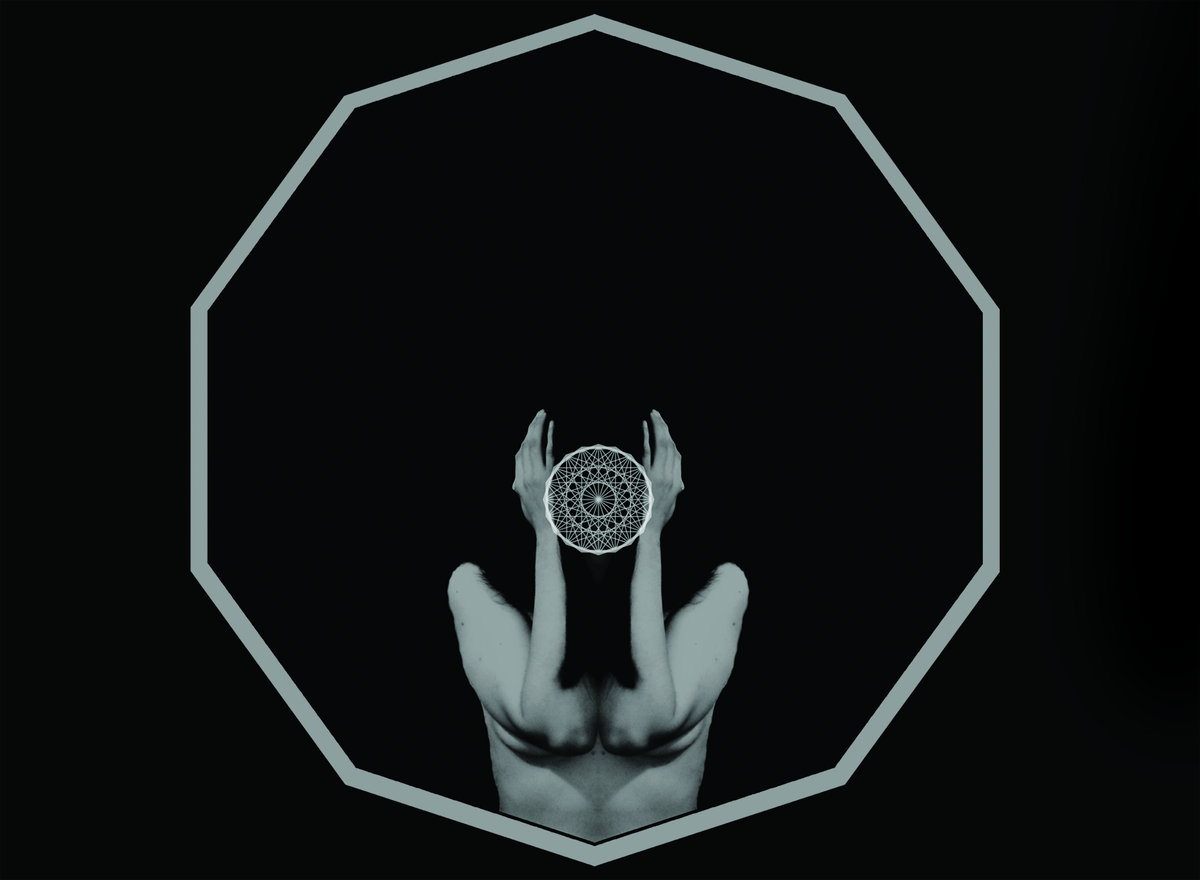“Printed writing is very much design-led these days in adverts and Web sites, and people feel that hyphens mess up the look of a nice bit of typography,” he said. “The hyphen is seen as messy looking and old-fashioned.”
I see the dictionary editor they quoted is still fighting back.
You mis-spelled “to-day”.
there are times when punctuation is actually useful for clarification!
And capitals for readability.
yeah, without them capitalizing that first t their comment is completely unreadable
they are a bit old-fashioned
Special characters suck in on-screen keyboards, and the bastards rarely gave us physical thumboards.
Special characters suck in on-screen keyboards
Not as much as they do on physical keyboards with their “hold alt-gr and hope” approach.
My favorite phone was the Galaxy S Relay, which featured a sliding, 5-row thumbboard. Numbers, letters, period, comma, and question mark were all available without alt or fn keys. The number row had !@$#%^&*() with the shift key, just like actual keyboards.
It even had four arrow keys for cursor navigation!
I absolutely loved that phone.
I guess I was thinking of “special characters” like Ł, ñ, ă and such.
I like to use them when words create a unit of thought. Like line-of-sight, and such. It really helps readability. It prevents people from having to think too hard about certain sentences when it’s ambiguous which words belong to what part of the sentence. Especially when the expression contains function words like “of”.
However, I’m a fan of just making multiple words into compound words, like bumblebee. That doesn’t work well with something like lineofsight, though.
As a side note, I wish we would bring back the diaeresis in favor of hyphens in words like co-op. It used to be coöp, and that is so much more fun. Or words like reëlect. Even when it’s not abbreviated, the diaeresis makes it more obvious to readers how coöperative is pronounced. Or any other time where two vowels in a row are pronounced separately.
Albeit always confuses me. Albeït is so much better.
deleted by creator
You’ll never guess where nevertheless comes from!
deleted by creator
Sobeit
Sobeït
Da, comrade.
deleted by creator
It’s vowels only, and that’s funny. I hadn’t thought about it for my hypothetical “lineofsight” word.
Also, by your coöperative pronunciation example, people would be mispronouncing reëlect.
I’m not sure what you mean.
It’s pronounced co-operative and re-elect. Coöp needs it to not sound like “coop” as in chicken coop. Reëlect needs it to not sound like “reel” as in fishing reel.
deleted by creator
Diaereses don’t indicate stress. They indicate separately pronounced vowels.
When you say OP, who are you talking about? The author of the post was talking about hyphens, and nothing about stresssed syllables, and I’m the one who brought up diaereses, and I wasn’t referring to stressed syllables, either.
deleted by creator
That’s a sweet ass-car
A question from a non-native speaker: Is there a definitve guide on American punctuation somewhere? I always wonder about American use of punctuation inside single quotes when quoting a term instead of a sentence, and some other cases where I see different intepretations of punctuation.
I found this. It seems pretty good. Although I don’t really think it matters much. You’ll likely be understood the same.
Thanks. I think it is quite well made, and I would love authors read this before they hand in their manuscripts…
The most commonly used tool for referencing English grammar that I know of is The Elements of Style by Strunk and White.
That’s good for some general writing tips, but S&W made plenty of their own errors in the book and had ambiguous or wrong explanations for various topics (IIRC they don’t seem to know what passive voice actually is).
I wouldn’t recommend it for someone looking for solid info about grammar itself.
I’ve heard it being a bit snobbish and outdated, despite having newer editions, but I will look into it. Thanks for the tip.
Americans will often call any book snobbish and outdated, though.
That takes me back. That was the standard reference for my journalism degree 35 years ago. I still have it.
One one space permitted. Nah, I’m not an actual slave to the dictates of grammar Nazis. That’s why such books are called guides.
There are different ones for different kinds of writing (general, academic, journalism, and more). Chicago Manual of Style is one of the general ones. It’s good, and considered authoritative, but you have to buy a copy or an online subscription.
A free one that I like is Purdue OWL (Online Writing Lab from a university). It’s easy to understand and has good info.
I’m gonna argue with the title.
Obsolete means no longer of use, in a general sense.
Just because people don’t know that the tool is there, or don’t know how to apply it, doesn’t mean it’s obsolete. Hyphenation still has its original utility, it helps communicate in writing what is evident in speech.
I get what they mean, but the title is not accurate to the rest of the article, imo.
is old fashioned non-hyphenated?
like red tree
deleted by creator
ruby shoes that are red
You mostly nailed it but this one would be “red ruby shoes”
determiner, quantity, opinion, size, physical quality, shape, age, colour, origin, material, type, and purpose
Wait. Where is this order from? I thought it was alphabetical or something.
It’s just some mostly-unwritten rule of English grammar. If you do it wrong it sounds wrong but most English speakers don’t think about it.
Edit: reference.
*To-day
Adjectives get a hyphen because it clarifies their position in the sentence. I’m a proofreader and I will absolutely fix it if you leave it out.
So English has been devolved by vapid influencers anew.
Language purists are veebs. Communication changes. The definition of language is descriptive, not prescriptive.
Veeb isn’t a real word.
You either don’t get my point, or you very much get my point. And I cannot tell which.
Sometimes language is subjective. >:D
Depends on the language, the context, and the application. Sometimes language IS prescriptively defined. Language is more than just casual speech.
Language is any means of communication among a group. If my throat meat vibrates, and a thought comes in your brain, and that’s the thought I wanted in your brain, then that is communication. If a group of people share a communication, that’s a dialect. A group of dialects where you can understand most of it between each other is called language.
And at no point does the language dictate what communication is, It’s the other way around.
When is language prescriptively defined? Even the French academy can’t stop language drift, despite all their prescribing about it.
Some of those I’ve never seen hyphenated in 30 years of being an avid reader. And some of the corrections I see listed, I’ve seen used the other way.
But I’m sure they read more broadly than I do.
deleted by creator
You should use replace the - with space or nothing at random
icecream ice cream ice-cream
Nah, just turn the first word into an adjective.
“Iced cream” sounds far more sophisticated than boring ice cream.
Bīng Qí Lín Bing Chilling BingChilling Bing-Chilling














